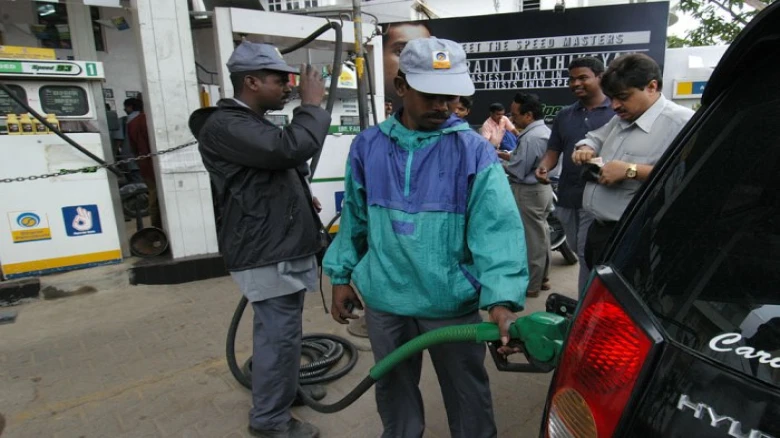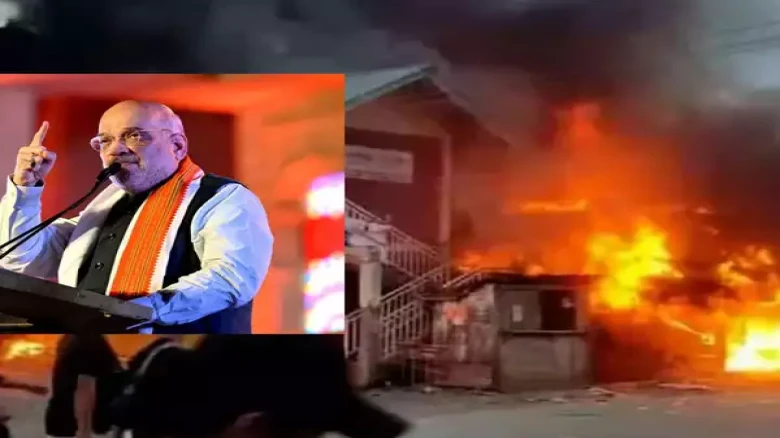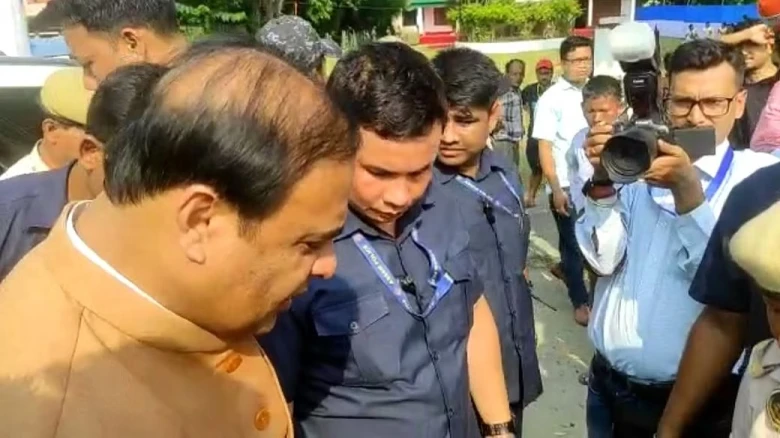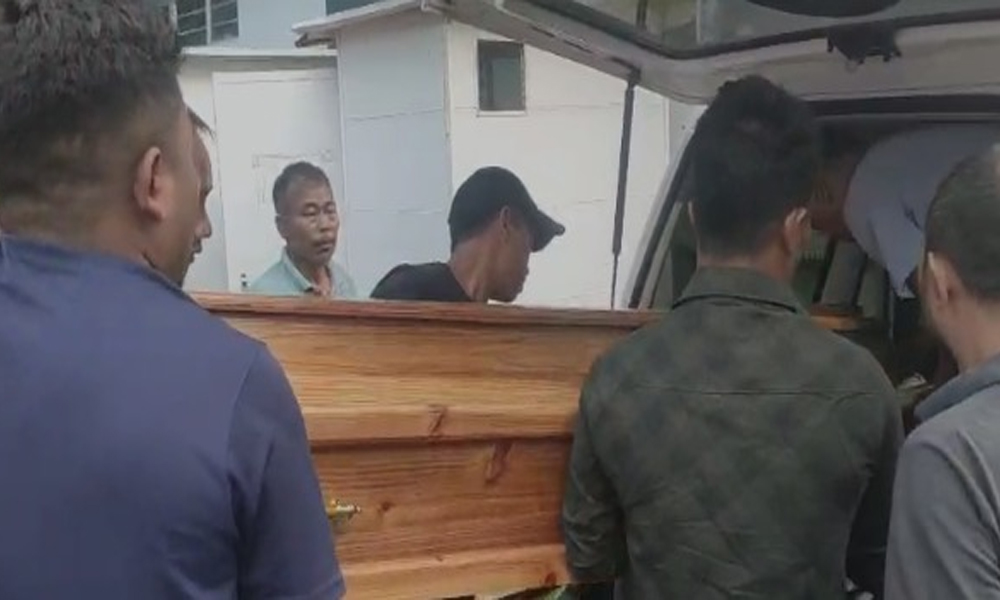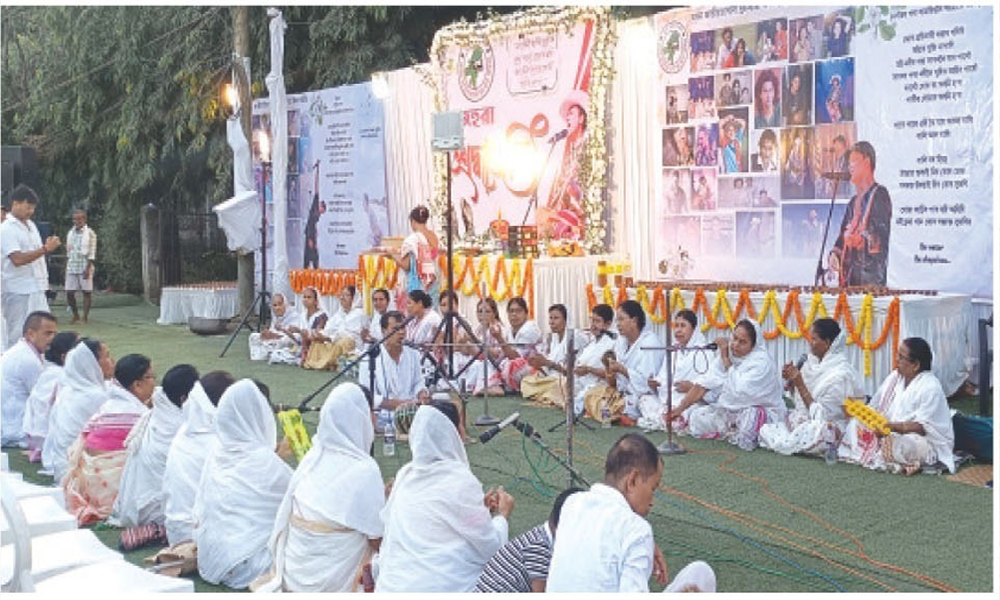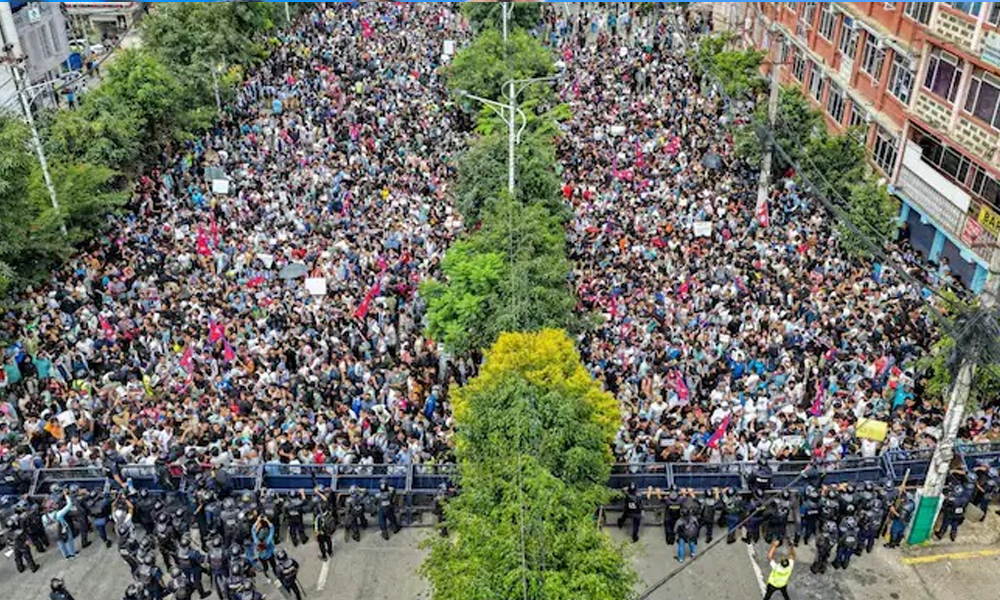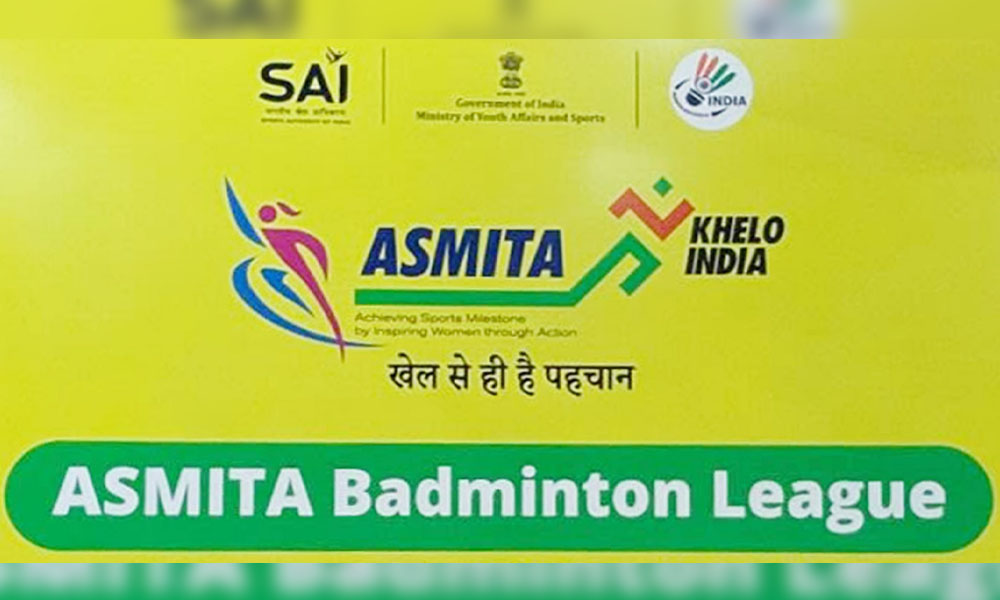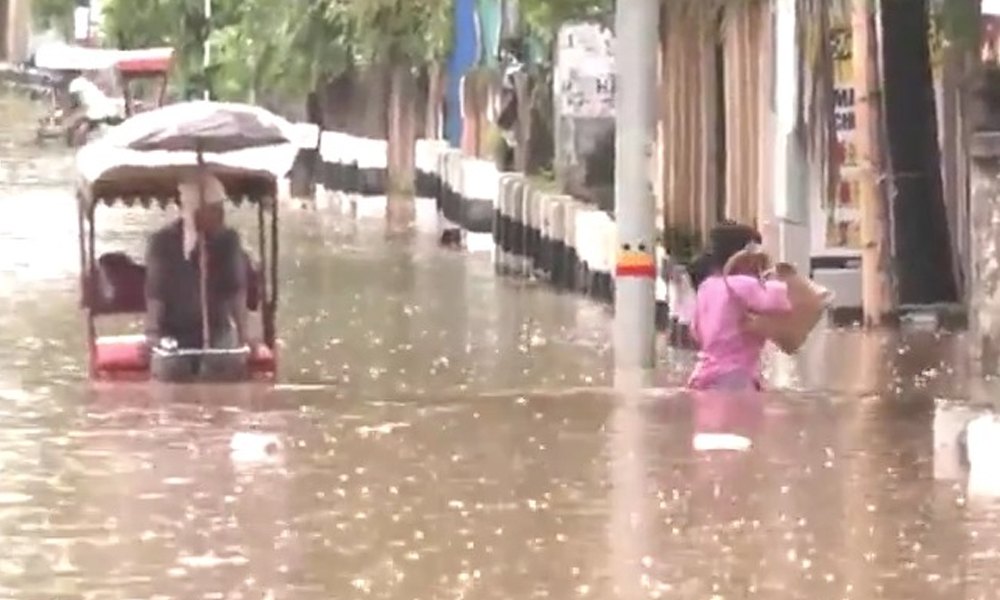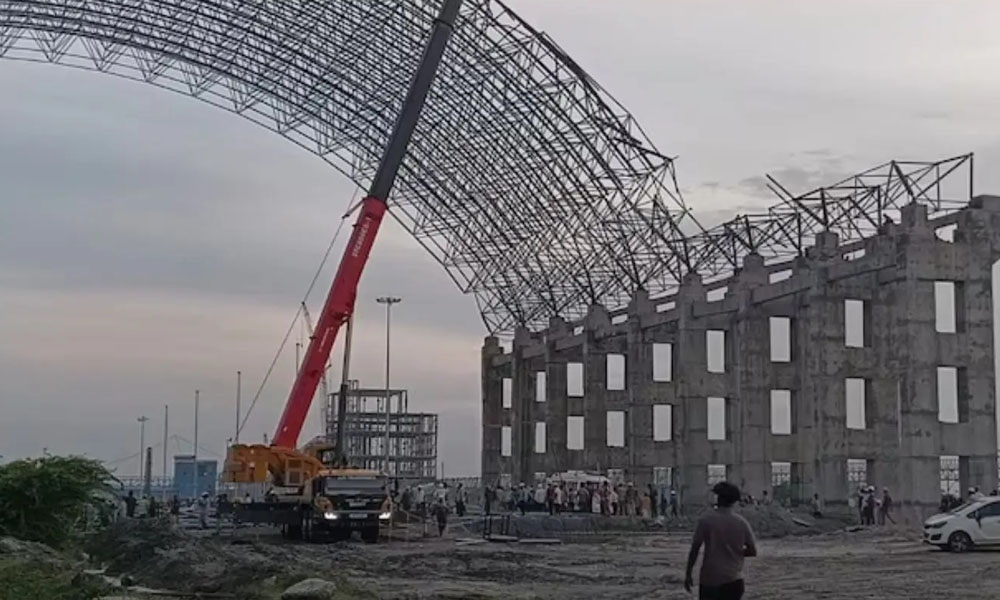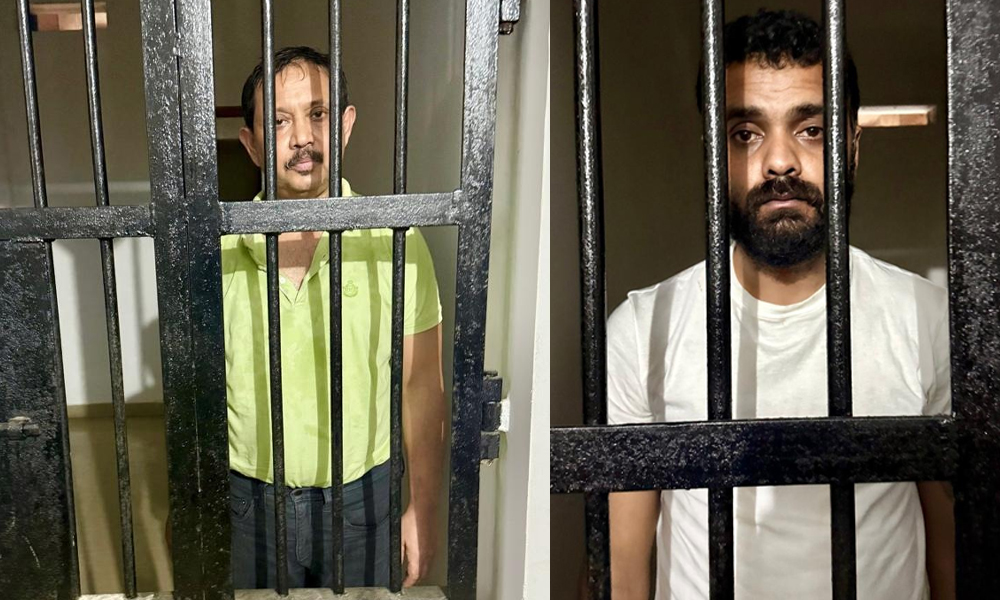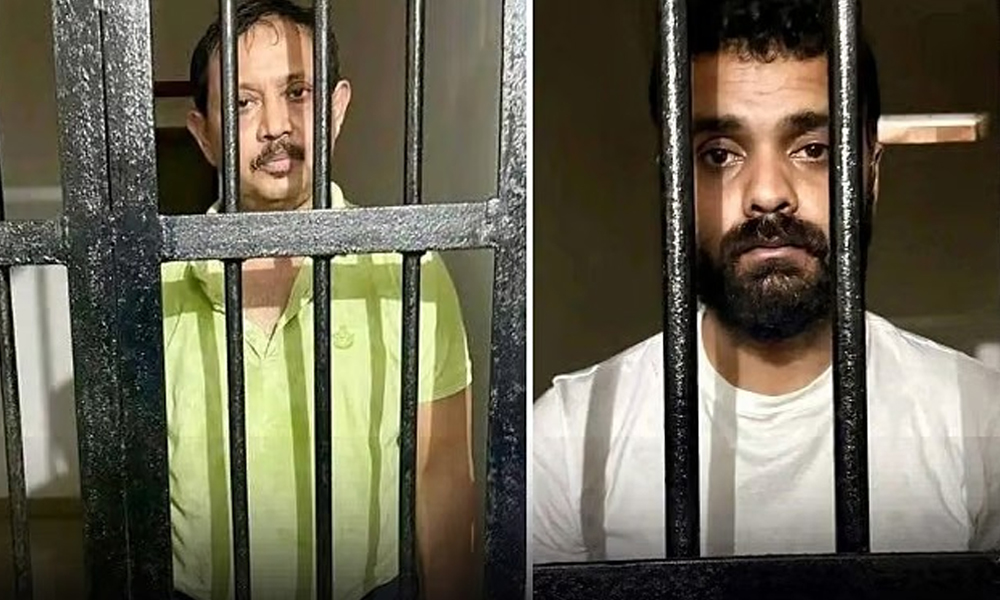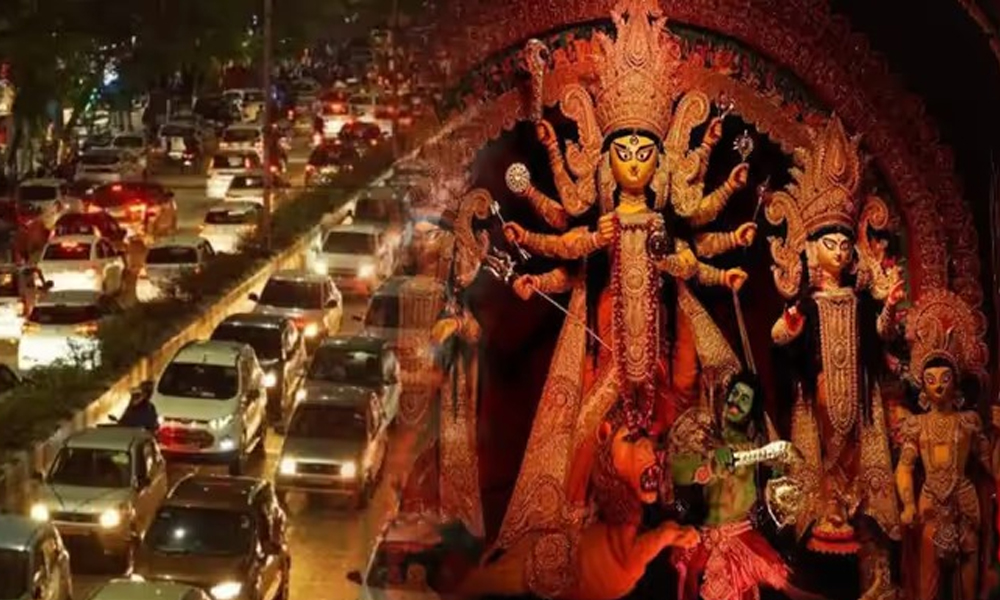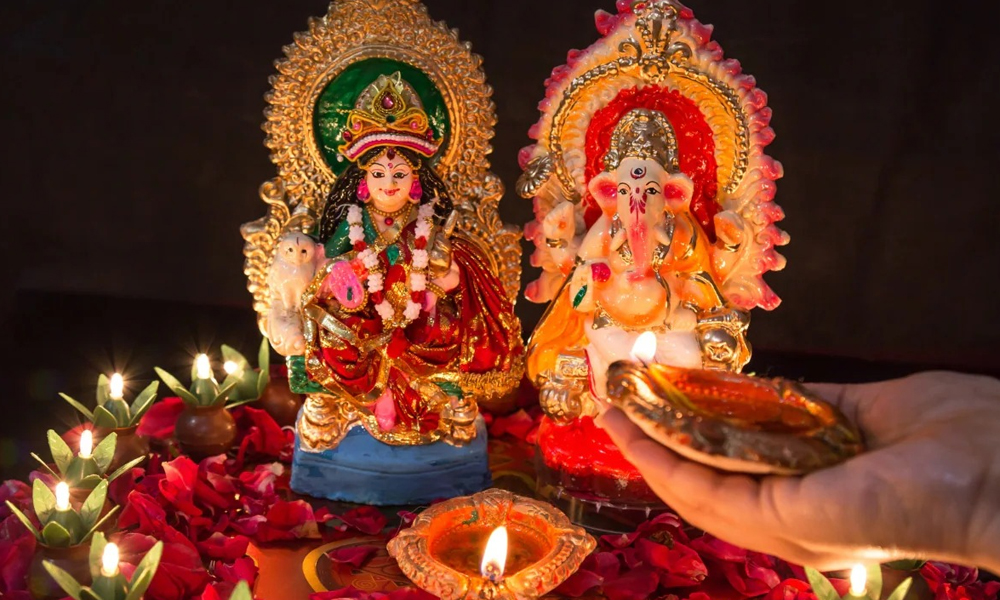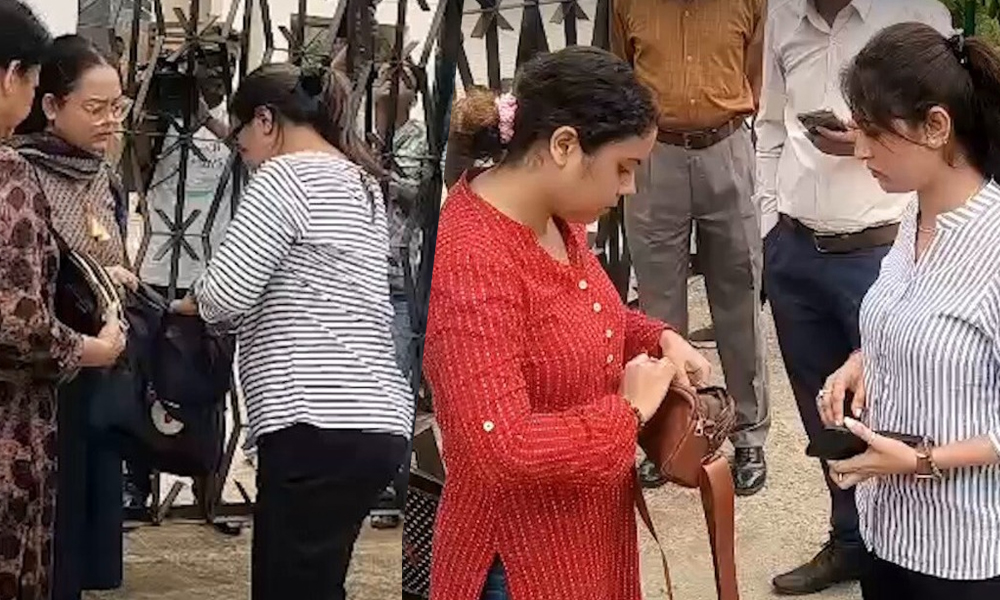Both communities sustained catastrophic losses in the aftermath, and the state government's numbers placed the number of dead in the month-long fighting at 98, with 310 more injured.
Digital
Desk: Petrol on the illicit market for Rs 200 a
litre, a critical shortage of life-saving pharmaceuticals, ATMs running dry,
and stores operating for only a few hours a day. The problems of daily living
in Imphal valley, cut off owing to a highway blockade, are hidden under the
blaring 'Manipur is Burning' headline.
This has been going on for weeks.
It has been exactly one month since violence erupted in Manipur
between the Meitei and Kuki communities in response to a protest march
organized by the All Tribal Students' Union, Manipur (ATSUM) on May 3 against
the Meiteis' demand to be classified as a Scheduled Tribe (ST). Both
communities sustained catastrophic losses in the aftermath, and the state
government's numbers placed the number of dead in the month-long fighting at
98, with 310 more injured.
Members of both clans lost their homes and were forced to seek
sanctuary in relief camps in Manipur or in cities thousands of kilometres away,
such as Delhi, Dimapur, and Guwahati. But what about the people in the hill
state, who have been cut off from the rest of the world for a month due to a
lack of internet access and are forced to live in the few gaps where the
constant curfew is lifted for a few hours every day?
Life must go on in the face of periodic violence in various places
of Manipur. However, daily necessities are required. The scarcity of such
things has become one of the most serious consequences of the conflict. The two
communities, the Meiteis and the Kukis, are at odds, but this is a problem that
affects both.
Imphal Valley is home to all tribes and groups. As a result, the
daily post-violence difficulties are not limited to any specific tribe or
community.
PETROL PRICES SOAR, BUT THERE ARE NO MEDICINES
Essential commodities
doubled in price overnight when civil authorities blocked National Highway
Number 2 and prevented cargo trucks from entering Imphal, the capital city.
Rice prices have risen to
Rs 60 per kilogram, up from Rs 30 previously. Vegetable prices have also been
affected. Onions, which were formerly priced at Rs 35 a kilo, are now priced at
Rs 70, and potatoes have climbed in price from Rs 15 to Rs 40. Eggs are now Rs
10 per piece, up from Rs 6 previously. The price of refined oil has also
increased from Rs 220 to roughly Rs 250 to 280.
If paying Rs 100 per litre for petrol in your city hurts, imagine
the agony in Imphal Valley. Manipuris are paying up to Rs 200 for a gallon of
petrol on the illicit market because most gasoline stations are out of stock.
Queues stretch as far as the eye can see at the few remaining petrol stations.
As the highways remain
closed, there is also a severe shortage of life-saving treatments and
over-the-counter medications. People resorted to panic buying and hoarding,
exacerbating the scarcity.
People have been impacted even harder by a scarcity of essentials
in a state already plagued by violence. Members of the two villages that sought
refuge in rescue camps reported that there was insufficient food for everyone
and that they had to go to bed hungry.
Many people are becoming ill in numerous relief camps and are
unable to receive medical care because no one is available to assist them. Even
as the rains bring an onslaught of vector-borne infections, infants are left
unprotected.
ATMs BANKS ARE CLOSED, RUN DRY
In addition to rising
prices, people's problems are exacerbated by the curfew, which is only loosened
for a few hours each day when they have to rush to acquire daily necessities or
critical medicines.
But how do purchasers pay vendors when ATMs are devoid of cash, banks
are closed, and there is no internet? Add to it the RBI's declaration that Rs
2,000 banknotes would be phased out of circulation. The situation is critical.
Banks began opening for a few hours a few days after the violence
began, as the curfew was eased for an hour or two longer every day. As a
result, customers rushed to banks to complete their transactions before the
curfew was reinstated for the day.
However, the banks were
closed down a few days later after new unrest occurred and the curfew relaxation
ended.
Manipur is no stranger to blockades and bandhs, which result in
higher commodity prices and long lines outside gas pumps and ATMs. However, the
fights between the two communities offer a lingering threat of violence
erupting at any time, anyplace, even after a month.
So, every day, as people hurry to collect their basic necessities,
there is apprehension about what tomorrow may bring.
As people from all
communities suffer in Imphal valley, which has been closed down due to a
highway blockade, there is some optimism in sight in terms of vital supplies.
During his recent visit to Manipur, Home Minister Amit Shah stated
that plans for the delivery of petrol cylinders, petrol and vegetables had been
arranged. Reassuring residents who were watching necessary commodity prices
increase, Shah added that supply of critical commodities to Manipur from the
rest of the country will be secured by the establishment of a temporary
platform at Khongsang railway station.
Prices will almost certainly fall as tempers cool.

